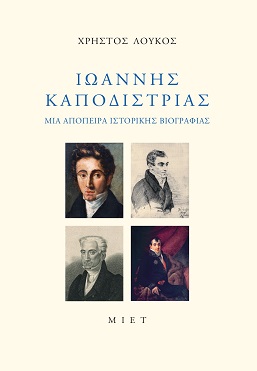
Title: Ioannis Kapodistrias. An attempt at historical biography
Author: Christos Loukos
Publication: Athens, MIET, 2022
Series: Modern Greek portraiture
Pages: 544
It may be that the way Ioannis Kapodistrias thought and acted as governor of Greece, that almost everything had to be done from the beginning following a strictly hierarchical course that would be directly controlled by him, seems today to us, who have the later knowledge, realistic, to some even correct, especially if we see how the small or the major issues were handled by those who ruled the country afterwards. But we should not ignore that, in the Kapodistrian years, although the armed struggle had gradually ended, but the revolutionary spirit and the expectations it created were still intense, no matter how groundless some of them were. Those who opposed the governor were not only exploiters of the common people and instruments of the foreign factor, as he and his followers emphasized, but many of them had envisioned another post-revolutionary society, liberal, in the design of which they hoped to actively participate. Therefore, they could not tolerate the authoritarian and strictly hierarchical Kapodistrian model of Organization of the new state.
But if we focus only on the truly conservative political choices of Kapodistrias and do not see the important work he did or tried to do for the organization of the Greek state, we would give a partial picture of a complex reality. This picture would be even more incomplete if we did not see the motives and practices of those who did not agree with him, opposed him and some murdered him. Those who, for various reasons, opposed him did not hesitate, to ensure his removal from power, to accept without protest any decisions of the powers, to help the continuous English effort to undermine the governor, to resort to unfounded accusations and slander.The assassination relieved those who feared any kind of extension of Kapodistrias ‘ power, but plunged the country into civil war and disrepute, which possibly only he had yet been able, by making some concessions, to prevent.
(From the author’s epilogue)
Christosloukos was born in Athens in 1944. He studied history and Archaeology at the Faculty of Philosophy of the University of Athens. He was awarded a doctorate from the same university (1984), worked as a researcher at the Center for the history of modern Hellenism of the Academy of Athens (1974-1992) and did postgraduate studies in Paris (1982-1985). From 1992 he served as an associate and later as a professor at the Department of history and Archaeology of the University of Crete, where he taught the revolution of 1821, the Kapodistrian period, social problems of modern Greek cities, various issues of history of the Greek state, history of Greek typography, as well as an introduction to the history of Latin America. The relevant publications are also similar. Since 1994 he has directed the program “the city in modern times” at the Institute of Mediterranean Studies. He is a founding and active member of the Society for the study of modern Hellenism, which, among other things, publishes The Historical Journal of memories. He had the general supervision of the classification of the municipal archive of Ermoupolis, as well as other municipal and community archives. Since 2012 he has been Professor Emeritus at the University of Crete.

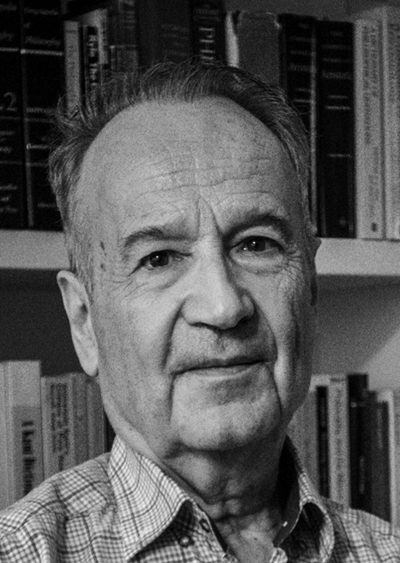
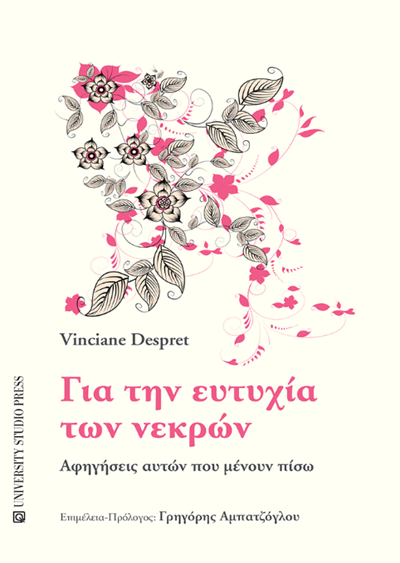
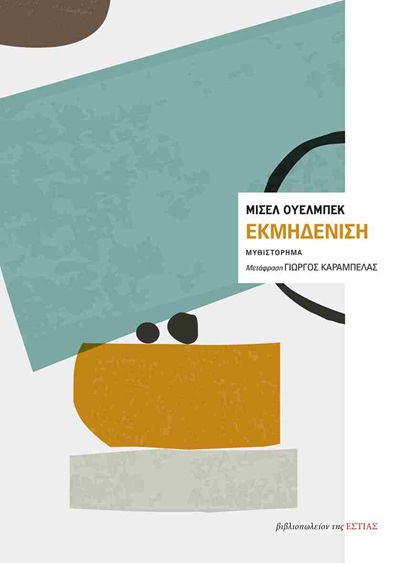
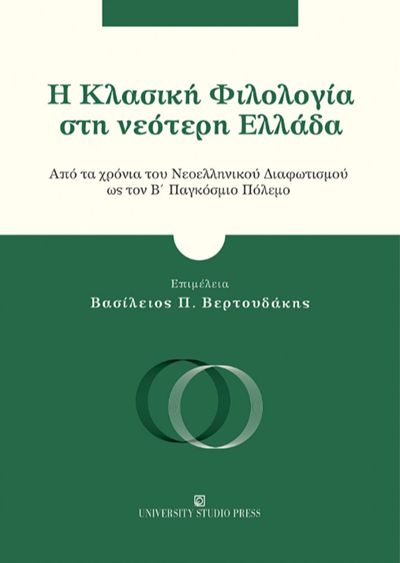


Leave A Comment